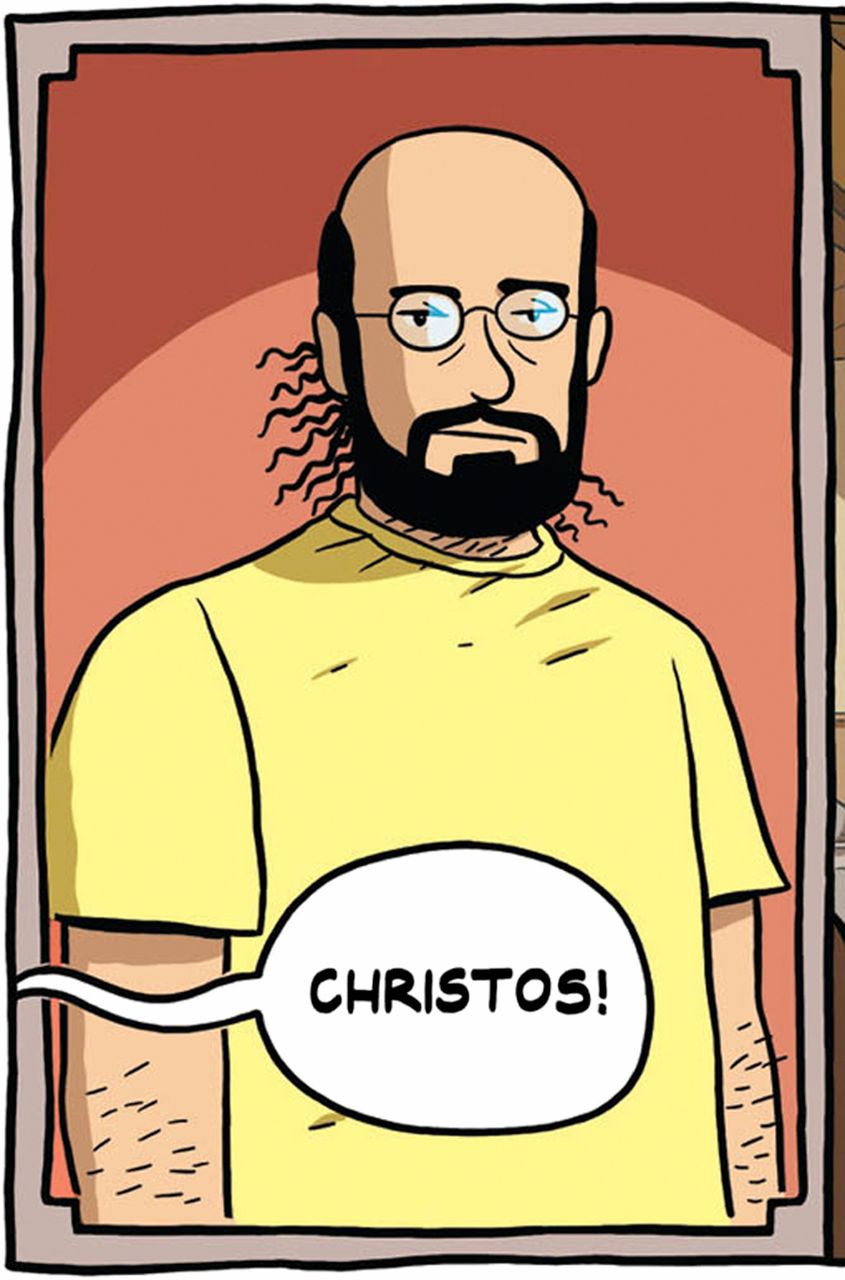The EC conference will be virtual this year, and the organizers have given that some thought. Here's an announcement (via Jason Hartline, Nicole Immorlica and Scott Kominers) of events spread out over several weeks and time zones. A lot of market design is included (as well as incorporated:)
Economics and Computation 2020
EC 2020 will be held virtually with events from June 15 to July 22 (details of virtual format). Participation by members of related fields is strongly encouraged.
Since 1999 the ACM Special Interest Group on Economics and Computation (SIGecom) has sponsored the leading scientific conference on advances in theory, empirics, and applications at the interface of economics and computation. The 21st ACM Conference on Economics and Computation (Virtual EC 2020) will feature invited speakers, a highlight of papers from other conferences and journals, a technical program of submitted paper presentations and posters, workshops, and tutorials.
Registration is mandatory (register here) but complimentary with SIGecom membership of $10 ($5 for students). Details on joining EC events will be emailed to registered participants.
An overview of the schedule:
Areas of interest include, but are not limited to:
Design of economic mechanisms: algorithmic mechanism design; market design; matching; auctions; revenue maximization; pricing; fair division; computational social choice; privacy and ethics.
Game theory: equilibrium computation; price of anarchy; learning in games.
Information elicitation and generation: prediction markets; recommender, reputation and trust systems; social learning; data markets.
Behavioral models: behavioral game theory and bounded rationality; decision theory; computational social science; agent-based modeling.
Online systems: online advertising; electronic commerce; economics of cloud computing; social
networks; crowdsourcing; ridesharing and transportation; labor markets; cryptocurrencies; industrial organization.
Methodological developments: machine learning; econometrics; data mining.
*******
They have some very interesting ideas about organizing what are called "watch parties" in the program, but those are in flux, and they didn't give me permission to describe their current thoughts.
Update (embargo lifted): Jason Hartline sends these links to explain:
Philosophy: http://ec20.sigecom.org/participation/covid/
Earlier, Nicole Immorlica had explained this way:
"In the first hour of the watch party, we will have 3-5 parallel sessions of one hour each. In each of these, we will play three 20 min pre-recorded talks with the authors present to answer questions during the talk via chat. "In the second hour, all papers from all parallel sessions will enter a virtual poster room. Participants each control an avatar and will "walk around" the virtual room. When they get close to a poster, they can view it. When they get close to the poster presenter or another participant, that person's video enters their view and they can talk. There will also be a video steam of one minute lightening talks for the posters in one corner of the virtual room in case you want a quick recap of a talk you missed. "We're also trying to innovate around coffee breaks, having hosted conversations with a limited number of participants on a first come, first serve basis, and other activities (these are not fully formed ideas yet)."
*******
They have some very interesting ideas about organizing what are called "watch parties" in the program, but those are in flux, and they didn't give me permission to describe their current thoughts.
Update (embargo lifted): Jason Hartline sends these links to explain:
Philosophy: http://ec20.sigecom.org/participation/covid/
Tech
details: http://ec20.sigecom.org/tech/
Earlier, Nicole Immorlica had explained this way:
"In the first hour of the watch party, we will have 3-5 parallel sessions of one hour each. In each of these, we will play three 20 min pre-recorded talks with the authors present to answer questions during the talk via chat. "In the second hour, all papers from all parallel sessions will enter a virtual poster room. Participants each control an avatar and will "walk around" the virtual room. When they get close to a poster, they can view it. When they get close to the poster presenter or another participant, that person's video enters their view and they can talk. There will also be a video steam of one minute lightening talks for the posters in one corner of the virtual room in case you want a quick recap of a talk you missed. "We're also trying to innovate around coffee breaks, having hosted conversations with a limited number of participants on a first come, first serve basis, and other activities (these are not fully formed ideas yet)."






